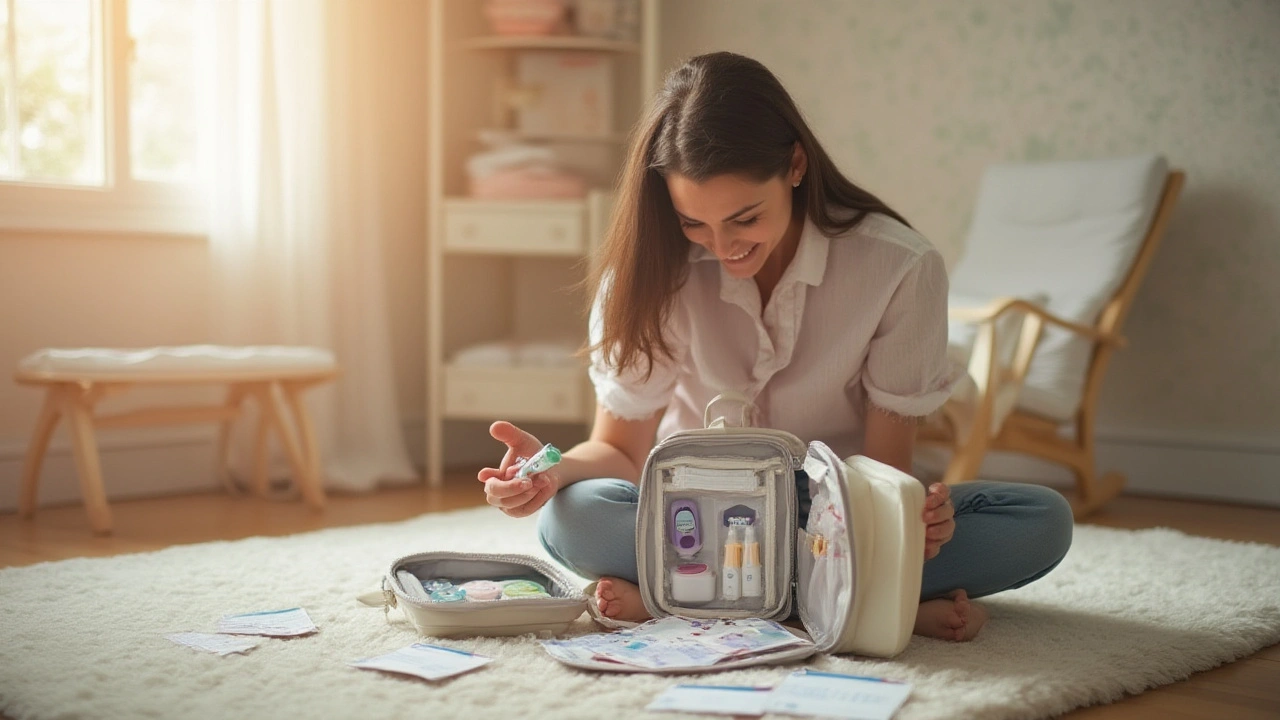Infant Health: Real-World Tips and Facts Every Parent Can Use
Think newborns just need sleep and cuddles to stay healthy? There’s a bit more to it. Infant health covers everything from what goes in their tiny mouths, to how we handle those late-night fevers and stuffy noses. While it can be overwhelming, the good news is, simple choices have a massive impact on your baby’s well-being.
Nutrition plays a starring role. If you’re breastfeeding, your milk delivers not only the calories but also antibodies that support your baby’s immune system. Formula is a solid alternative, offering all the key nutrients during those first crucial months. When your baby is old enough for solids, starting with iron-rich options like mashed lentils or pureed veggies sets a strong foundation.
Vitamins aren’t just for adults. Babies need vitamin D for bone development. Doctors often recommend a daily vitamin D supplement because breast milk might not provide enough. Don’t guess—ask your healthcare provider about what and how much your baby actually needs. Too many vitamin supplements can do more harm than good.
Handling illness at home is part of every parent’s journey. Some moms swear by steam inhalation for a stuffy nose. It works if you do it safely—don’t bring your baby too close to hot steam, and skip inhalation for newborns. Always check temperature and breathing before panicking. If your little one’s breathing seems off or there’s a high fever, call your pediatrician instead of raiding the medicine cabinet.
Coughs, colds, and fevers are part of growing up, so spotting danger signs early matters more than treating symptoms yourself. If your baby struggles to breathe, turns blue, isn’t feeding, or becomes unusually inactive, it’s time to seek help—not just wait it out at home.
Curious about medications and newborns? It’s rarely DIY territory. Ibuprofen and aspirin are off the table for infants. Even basic medications can interact in unexpected ways, especially with babies as small as they are. Chat with your doctor before giving anything—caffeine in your diet, for instance, can end up in breast milk and might even affect your little one's sleep or mood.
Don’t ignore sleep. Healthy sleep equals healthy development. Safe sleep advice hasn’t changed: always place your baby on their back, keep the sleep area firm and bare (no blankets, pillows, or toys), and avoid bed-sharing especially in the early months. Following these basics sharply lowers the risk of sudden infant issues during sleep.
Raising a healthy infant comes down to simple steps and knowing when to reach out for help. Small habits—washing your hands before feeds, keeping vaccination schedules up to date, learning what’s normal for your child—pay off big time. Remember, every question is valid. Never hesitate to ask. Baby health changes fast, and so do the right answers as your child grows. Keep it simple, stay flexible, and you’ll handle most of what comes your way.
Essential Items for a Newborn First Aid Kit Every Parent Needs
Discover the must-have essentials for your newborn’s first aid kit. Be ready for every tiny emergency—get practical advice and expert-backed tips to keep your baby safe.
Keanu Rutherford | Jul, 27 2025 Read More
